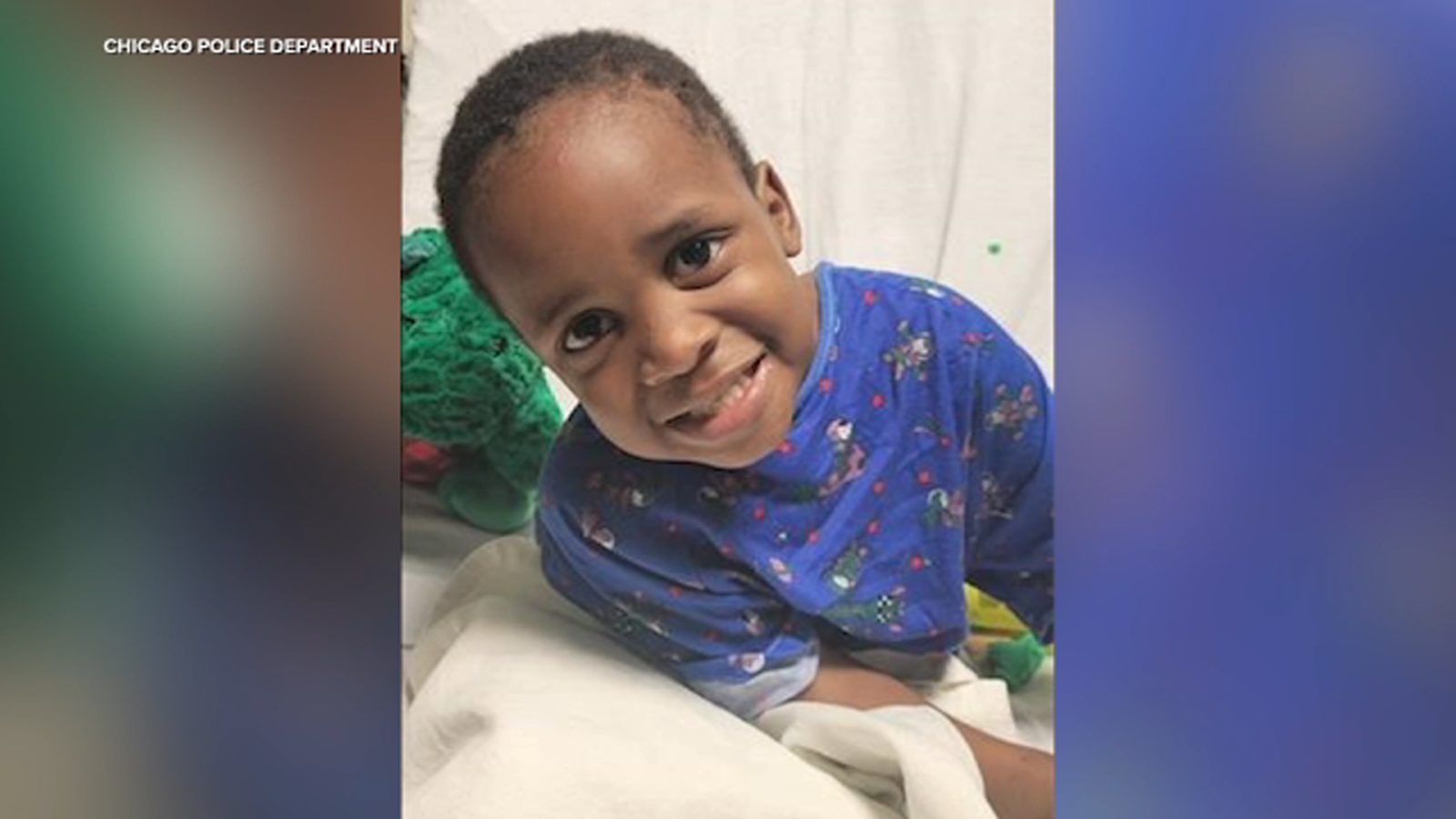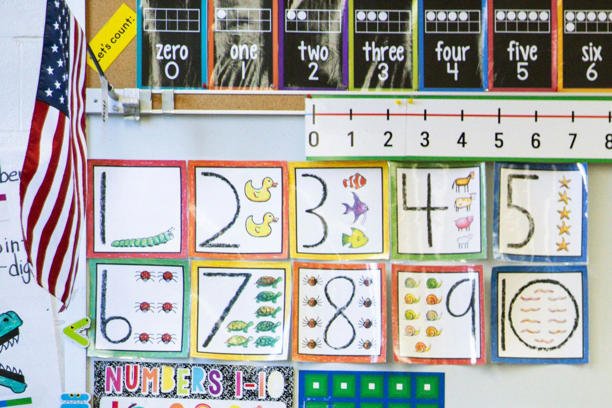Strategies for Dealing With Your Child’s Misbehavior at School

Source: https://www.parents.com/
Receiving communication about your child’s misbehavior at school can evoke feelings of confusion, upset, or embarrassment. If your child is involved in incidents like fights or unkind behavior towards peers, it’s important not to panic. The initial step involves collaborating with school administrators and teachers to identify the root cause of your child’s behavior. From there, you can work together to create a behavior plan tailored to address your child’s specific needs and support their development.
Here’s how to deal with your child misbehaving in school and steps you can take to help them improve:
Establish Regular Communication: If your child’s misbehavior is a one-time occurrence, observe their behavior over the next few days to see if it improves. However, if your child consistently gets into trouble at school, it’s beneficial to establish regular communication with their teacher or a school administrator on a daily basis. This helps to stay informed about your child’s behavior and address any ongoing issues promptly.
Decide how to communicate: Contact your child’s teacher to collaborate on addressing your child’s behavior. Discuss strategies for daily monitoring, such as maintaining a journal or using a daily report card, to stay informed and promptly address any misbehavior. This approach aims to foster communication and proactive management of your child’s conduct at school.
Communicate frequently: Ask your child’s teacher to send home behavior updates every day—not just on the days when your child misbehaves. Kids feel good when they can show you they’ve done well at school. When they have days that don’t go well, you can work together to come up with ways to make the next day better.
Work as a team: Let your child’s teacher know you want to support them. Staying flexible will help show them that you’re keeping their needs in mind too.
Reward Desirable Behavior: To encourage positive behavior, acknowledge and praise your child when they receive positive feedback from teachers. Celebrate these achievements to motivate them further. Setting achievable goals, like consecutive days without disciplinary issues, can also be rewarded with incentives such as favorite meals or extra privileges like extended video game time. These approaches aim to reinforce good behavior without always requiring monetary rewards.
Find reasons behind the behavior: If your child can articulate the reason for their behavior, such as being bored in class, you can address it by requesting more stimulating assignments from their teacher to keep them engaged and reduce disruptions.
See if they need extra support: Children may misbehave because they feel incapable of completing their schoolwork and prefer to avoid appearing incompetent by acting out instead of seeking assistance.
Let Your Child Express Their Feelings: Encourage your child to express their feelings and thoughts freely, even if they seem unclear or disorganized. Creating a supportive environment for them to talk about their emotions can be crucial for their emotional well-being and development.
Provide reassurance: After your child has shared their feelings, reassure them that it’s normal to feel upset and ensure them of their safety. Share your own methods for managing stress and anxiety, and collaborate with them to find a solution that addresses their concerns effectively.
Give them choices: Empower your child by giving them opportunities to make decisions and exert control over aspects of their life, like choosing their lunch or clothes. This can help reduce their fear and increase their sense of agency and empowerment.
Avoid pressure: If your child isn’t ready to talk, avoid pressuring them. Instead, focus on positive days and ask about their experiences to help them reflect and gain insights. This approach can provide valuable information to support and encourage your child during challenging times.
Read More: https://childreninfobank.com/safebank/strategies-for-dealing-with-your-childs-misbehavior-at-school/
Image Source:https://www.parents.com/





